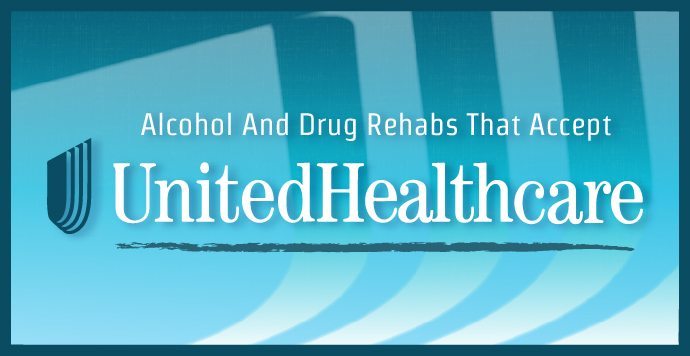Best Christian Help For Addictions Resources and Information Online for Fairbanks AK
Home
Best Christian Help For Addictions Resources and Information Online for Fairbanks AK. You found the top source for total information and resources for Christian Rehab on the web.
The principles you learn and the activities you perform in 12-step recovery include: Admitting you are powerless over your drug or alcohol use Believing in a higher power (God) that will restore your life Turning your life over to God and trusting in His healing abilities Taking a serious moral inventory of your behaviors Admitting your wrongs to God and a sponsor Asking God for forgiveness and to remove your personality defects and shortcomings Making amends with people you have wronged due to your addiction Continually taking responsibility for your wrongs and accepting them Praying to God and meditating to increase your contact with Him Feeling a spiritual awakening after moving through this process and spreading this awakening to others in need of similar help As you can see, 12-step programs are designed to help you create a strong and intimate bond with God. Often, addicted individuals are not ready to admit they have a substance use disorder, and this can present a problem for speaking to them about it. Relapse prevention[edit] An influential cognitive-behavioral approach to addiction recovery and therapy has been Alan Marlatt's (1985) Relapse Prevention approach.[34] Marlatt describes four psychosocial processes relevant to the addiction and relapse processes: self-efficacy, outcome expectancies, attributions of causality, and decision-making processes.
We must ask ourselves whether the comforts we reach for each day are vices or virtues? Undo Undo DRUG ADDICTION HELP Retweeted CCHR Intâ€Verified account @CCHRInt Apr 9 More NY Times—Many People Taking Antidepressants Discover They Cannot Quit—In study of 180 longtime antidepressant users, withdrawal symptoms were reported by more than 130 Thanks. Sometimes a person has been struggling for many years with depending a drug as a source of comfort or as a release. Temptation-Related Benefits at Inpatient Drug Rehab Facilities Perhaps the most difficult aspect of recovery is temptation.
Right here are Some Even more Resources on Christian Alcohol Treatment

Even more Info About Christian Alcohol Treatment
Once craving has been activated, permissive beliefs ("I can handle getting high just this one more time") are facilitated. You’ll have the option to participate in Bible studies, worship sessions, masses, and more.
Even more Details Around Christian Depression Inpatient
The experience can be a person or it can be a drug. But the intensity of your participation can vary greatly. A drug rehabilitation center that can offer quality assistance is certainly available to you, and probably closer than you might realize. One of the earliest warning signs of a developing problem is going through the medication at a faster-than-expected rate.
More Information Around Christian Depression Inpatient
These are a few examples and we know that there are many more triggers for someone wanting to get help with their addiction. The faith-based treatment program can help even those who do not . To present the CliffNotes of the emotional me, as opposed to the twelve-column read. Furthermore, Marlatt stresses some decisions—referred to as apparently irrelevant decisions—may seem inconsequential to relapse, but may actually have downstream implications that place the user in a high-risk situation.[citation needed] For example: As a result of heavy traffic, a recovering alcoholic may decide one afternoon to exit the highway and travel on side roads. Twitter will use this info to make your timeline better. If I want a rush I just stand up when I'm not expecting it. After understanding the matter’s depth and dynamics, they will refer the concerned to a correctional facility based on: the nature of drug use, the current stage of the patient the most appropriate treatment option 1-800-269-4237 National Inhalant Prevention Coalition (NIPC) Based in Tennessee, The National Inhalant Prevention Coalition hotline provides wide-ranged assistance by referring you to your nearby facilities. He has been rushed by ambulance to the hospital more than once. So doing results in what Marlatt refers to as the Abstinence Violation Effect, characterized by guilt for having gotten intoxicated and low efficacy for future abstinence in similar tempting situations.
Click Here for More Information
Previous Next
You may also like:
Best Christian Drug Treatment Resources and Information Online for Jackson TN
Best Catholic Alcohol Rehab Centers Resources and Information Online for Tooele UT
Best Christian Residential Treatment Centers For Youth Resources and Information Online for Shreveport LA